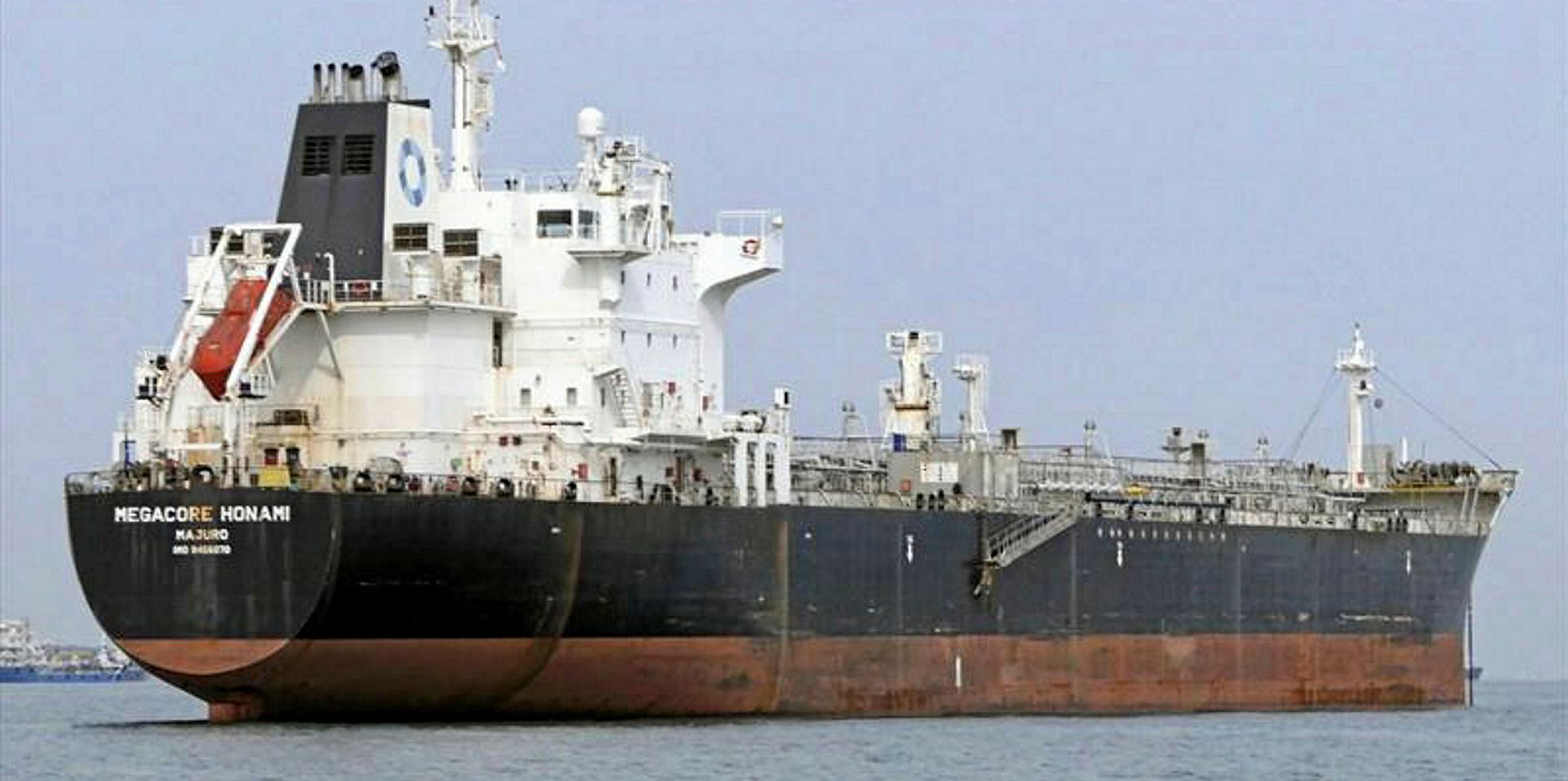A long-running legal saga involving Greece's Oxygen Maritime Management has taken another twist after a UK judge turned down a bid for summary judgment.
Court action in the UK, Singapore and US has seen two tankers, the 36,955-dwt Megacore Honami (built 2010) and the 74,600-dwt Megacore Philomena (renamed Madison, built 2010), auctioned off in a dispute over covenants that led a loan breach.
But a new decision in the UK Commercial Court has revealed that the claimant banks and their agents tried to bring the legal action to an end quickly by asking the judge to make a decision in their favour even if they had served an invalid acceleration notice for the loan and unlawfully arrested the Philomena, which they deny.
This bid was turned down and the matter will now head to trial, at which Oxygen will pursue a potentially valuable cross-claim.
Justice Stephen Phillips based his decision on the "prevention principle", which says that a party cannot be at fault for non-performance of a contract "when the performance of it is prevented and rendered impossible by the wrongful act of the other contracting party".
Ships arrested
The case involves Burlington Loan Management and Bank of America, as well as agent TMF Trustee.
They granted Charilaos Loukopoulos-led Oxygen a loan of $69m in 2016 to buy the two ships.
In 2017, TMF Trustee had Philomena arrested in Los Angeles. It was later sold by a court to Interunity of Greece for $19m.
Honami went "on the run" to evade arrest, according to an earlier UK ruling, but was finally sold last month in Singapore.
The banks had claimed both vessels were in breach of loan covenants as they had fallen below 125% of the outstanding loan value.
Loukopoulos, Oxygen’s managing director, fought the claim vehemently, disputing the valuation figures from brokers Braemar ACM and BRS as failing to take account of the ships' high specifications.
He argued that apart from low valuations, the lenders had put up financial obstacles to the vessels' profitable operation and made efforts to sell the ships while Oxygen was trying to save them.
Event of default?
London proceedings began in 2018, seeking payment of the principal and interest. The banks' primary case was that the loan had been validly accelerated on 20 October 2017, but as an alternative they alleged it was in any event repayable on 29 December 2017.
The latest application by the banks sought a summary judgment stating that the principal amount became repayable no later than 29 December 2017 and that an event of default occurred no later than that date.
The banks wanted the judgment to help them in enforcing its security over the vessels in the proceedings in California and in Singapore.
The lenders' lawyers said they would undertake not to apply to wind up Oxygen's single-shipowning subsidiaries, ensuring that they would be able to pursue their cross-claims.
Invalid notice, unlawful arrest
The judgment said the claimants "further accepted, but only for the purpose of this application, that the court should proceed on the basis that the claimants' purported acceleration notice was invalid and ineffective, that the arrest of the Philomena was therefore unlawful, that the claimants were thereby in repudiatory breach of the loan agreement, that such breach had caused the borrowers' inability to repay the loan at maturity and that the borrowers have a valuable cross-claim as a result."
The legal standard applicable to the summary judgment motion required that the court assume those facts as true, but at no time have the lenders ever conceded that they caused any breach.
They claim they were still entitled to summary judgment as the assumed repudiation of the loan agreement was never accepted by the borrowers, so the loan agreement was in force at the maturity date.
Oxygen argued the loan was terminated before the maturity date because either the claimants' repudiatory breach was such that it terminated automatically, or the borrowers accepted the claimants' repudiation by their conduct in failing or refusing to perform their own obligations thereafter.
Phillips said: "The defendants have an arguable defence to the claim and the application must be refused."
The issue remains contested and the lenders have consistently maintained that all fault lies with the borrowers.






